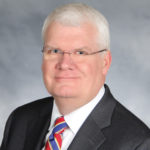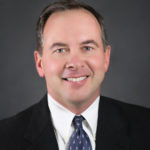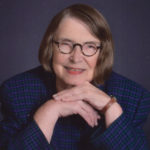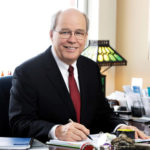Attorney’s skill helps Wisconsin town reimagine itself
In 1993, Uniroyal Goodrich Tire Company announced it would close its Eau Claire, Wis., factory, costing the west central Wisconsin community 1,300 jobs. Not long after, SSI, a supercomputer startup bankrolled by IBM that was expected to add 1,000 tech jobs to Eau Claire, failed instead. It was a one-two punch that hobbled the traditionally blue-collar community of 65,000 just as Jeff Halloin was moving his family, including two-year-old triplets, back to town. [Continue]










